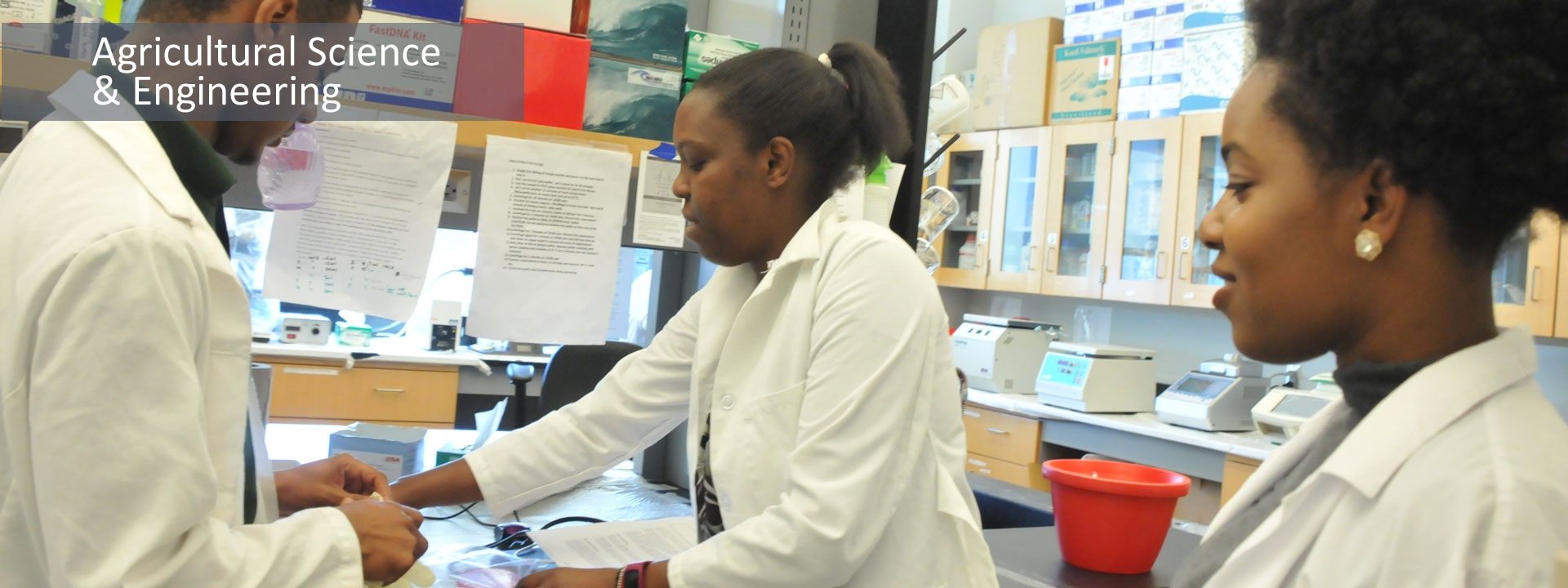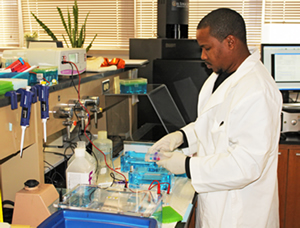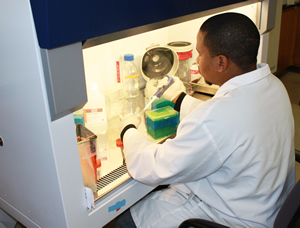Agricultural Science & Engineering
Preparing You for the Complex Field of Agriculture
EXPLORE THE POSSIBILITIES
|
AWARDS & RECOGNITION
|
Agricultural Engagement
TOP STORIESWitness the College of Agriculture's ascent in both national and international rankings |
||
|
|
The Department of Agriculture welcomes 4 new faculty members with specializations in legume crops, cover crops, cropping system and forage agronomy. |
$47M Committed to Research in 2023: Government agencies trust us to find answers to today’s big societal questions, Advance knowledge, educate NextGen and Public outreach. |
|
|
Explore TSU for yourself.
Apply for admission | Request information
Contact Tennessee State University today:
|
Undergraduate Admissions
|
|
Graduate Admissions
|








